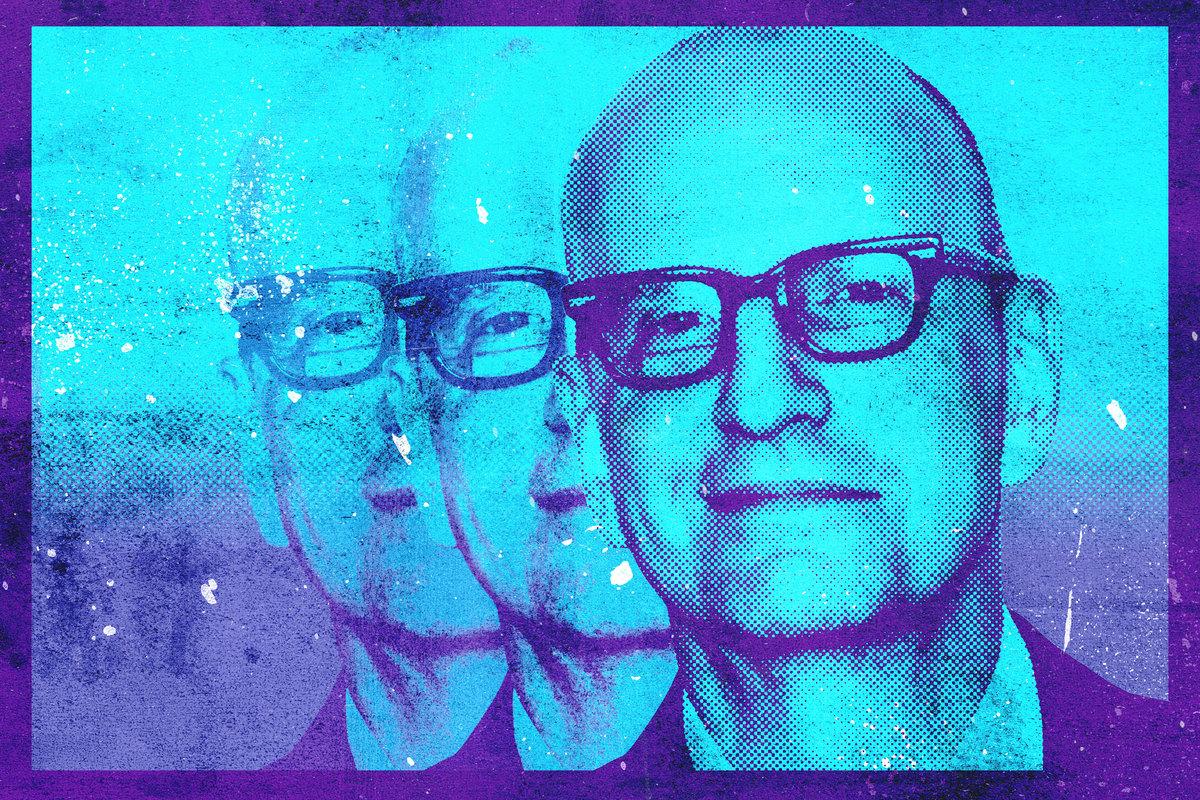
Chris and Andy talk about Full Circle, one of the latest shows from director Steven Soderbergh and his take on the noir genre (1:00). Then Chris is joined by Soderbergh to talk about the making of another one of his new series, Command Z (21:46), and whether he considers himself to be a political filmmaker (39:25).
In the following excerpt, Chris Ryan and Steven Soderbergh discuss how digital distribution has affected filmmaking in the past few years.
Chris Ryan: Is it strange to be making things and, frankly, making things in such a prolific fashion at a time when, not only can you see that people’s, I think, brains have changed over the last couple of years, but certainly the distribution models and the platforms have changed so much?
Steven Soderbergh: Yeah, well, look, it’s the artist’s job to adapt. The genie is not going back in the bottle, and so I’m always looking forward and trying to gauge which path has the most potential there, as it happens. So, if there’s something that interests me and that I want to do, the first question is “Well, what is it? Is it a show or is it a movie?” And then, once you’ve determined that, “Well, where is the best home for this?” No Sudden Move, again, is absolutely a movie and not a show and was paid for by what was then HBO Max, what is now Max, Warners, as a movie for the platform. That’s not a movie that in the current environment is going to succeed theatrically. No Sudden Move is not going to make $100 million. It’s just not. Luckily, somebody still wanted to make it, and we got to make it and I’m glad that we did.
I’m never going to be the kind of person, as much as I love seeing movies in a theater and would like my movies to be seen in a theater, I’m not going to not make that movie because it’s for a platform. I don’t have the luxury of doing that, and I don’t want to do that. I still want to make it, but I hope ... there’s real momentum now. People have shown that they will go out if it’s something that they really are excited about. So the question is “Can we keep that ball in the air?”
Ryan: With No Sudden Move specifically, I rewatched it again last night, and it’s really one of my recent favorites of yours. And I can feel the context around that film getting memory-holed a little bit from myself, where I’m no longer thinking of it as the movie that you did with Kimi and Let Them All Talk, and I’m no longer thinking of it as something that was essentially put straight onto the platform. It’s just a movie that happens to be on Max that I was looking for. And then when you start it and the Warner Bros. logo comes up, you’re just like, “This is just a movie.” You know what I mean?
Soderbergh: Well, exactly. Ten years down the road ... exactly. And so the point is making sure that it’s good so that you want to watch it 10 years from now. But I think you’re right. Ultimately everything will end up there, so your job is to make sure it’s good enough to stand out. But I’ve got two projects in front of me that sure seem like movies that could show in theaters, and the market will tell me if I’m right or wrong when they’re finished.
Ryan: I was curious how you wound up arriving at the place, not only of, “Let’s put Command Z up on the site and charge a fee for that,” but also what about the content or the story or the script or whatever was like, “OK, some of these are going to be seven or eight minutes or nine minutes, some of these are going to be 21 minutes”? Was that something that had been decided early on? Because I know, obviously, it went through these different iterations, but how did you arrive at—this kind of made me remember fondly the days of watching High Maintenance on Vimeo and just a kind of Wild West feeling of storytelling on the internet.
Soderbergh: Well, that freedom was important, I think, to this project, to not feel that you had to be boxed in by a certain length, certain number of episodes. We started out with more episodes. I think we had 10 or 11, and then it ended up at eight. And the freedom of that was really nice, knowing, “Look, this is the point of this episode, and the point can be made in this amount of time, and once the point is made, we can move on,” and not really having to worry about that. I mean, certainly, basic storytelling paradigms would indicate, even in this sort of unusual structure, that the first episode and the last episode are probably going to be longer than some of the other episodes. Because in one, on the left, you’re setting it up, and then the episode on the right, you’re paying it off. Those are probably going to be the goalposts, and everything else is going to be in the middle.
But it seemed one of the reasons to put it up on Extension was the fact that ... really, from a traditional platform point of view, this thing falls between two stools, because it’s not really fitting a traditional idea of what a series is on a platform, like you were saying. It feels more like what we’ve seen out of pure web series.
This interview has been edited for length and clarity.
Hosts: Chris Ryan and Andy Greenwald
Guest: Steven Soderbergh
Producer: Kaya McMullen
Subscribe: Spotify / Apple Podcasts / Stitcher / RSS
